Task-oriented vs People-oriented People
Feedback from blog and my people-oriented bias was so interesting we decided to deep-dive further into these leadership styles.
Those of us in long-term leadership roles would probably be aware if you are task-oriented or people-oriented leaders. But understanding the strengths and challenges of both helps us manage our style into a more balanced approach – benefiting ourselves, our team, and the business simultaneously.
Task-oriented leadership is centred on achieving goals & completing tasks. It prioritizes efficiency, productivity and emphasizes importance of meeting deadlines and achieving results. These Leaders are detail-oriented, analytical, focused on results, and can motivate a team to achieve goals, communicate clear expectations, and ensure accountability. Team-members feel a sense of achievement through accomplishments.
People-oriented leadership is focused on building workplace relationships, promoting collaboration, and supporting personal / professional development. It prioritizes empathy, emotional intelligence, effective communication, and recognizes importance of creating a positive work environment & culture. These leaders can build trust and loyalty, promote open communication and feedback, and support team-member growth. Employees feel more engaged, valued and stay longer.
However, task-oriented style can lead to a lack of empathy & emotional intelligence; and people-oriented can lead to a lack of focus and accountability.
Every successful business requires a balance of both leadership styles. We all hope to achieve objectives, pivot quickly, have clear directives (task-oriented) . . . as well as nurture creativity, flexibility, engagement, team cohesion & leverage individual strengths (people-oriented).
Are you more focussed on successful completion of goals vs the overall well-being of your team? Or more focussed on people’s journey rather than the businesses? Merging the two leadership styles is critical to creating a robust, productive, enjoyable & inclusive workplace. Which means you attract the best, keep the best, increase productivity & profitability. Yup, it’s worth adapting your style to get better outcomes.
